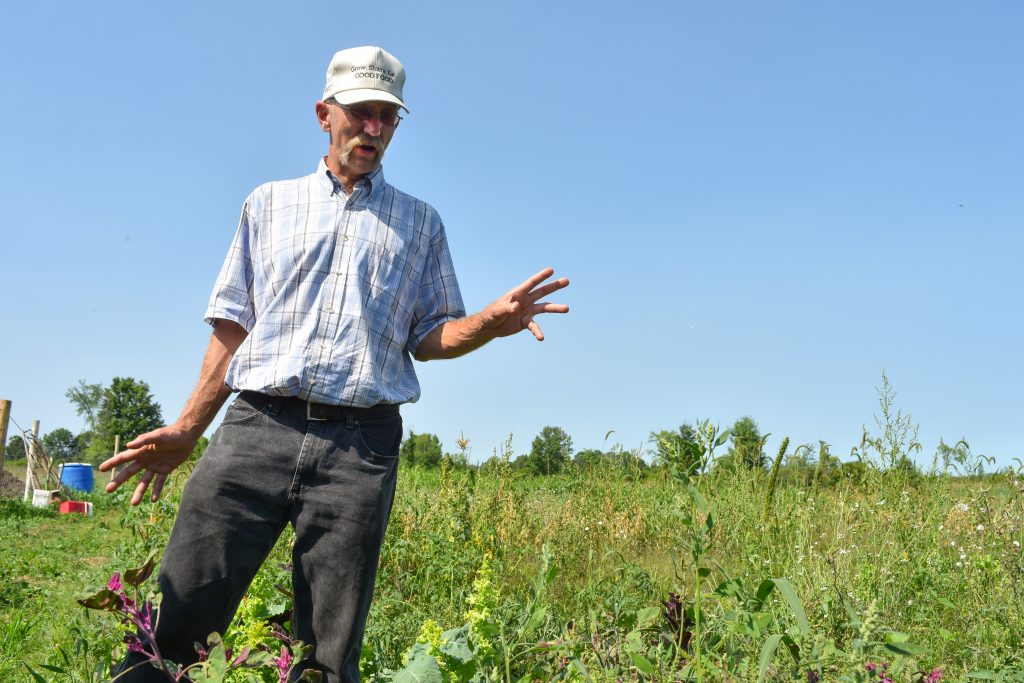SeedChange works to improve farmers’ livelihoods, increase biodiversity, and promote seed and food sovereignty — critical components in the health of people and of the ecosystems that sustain us.

For over 30 years, SeedChange has worked with Canadians and partners in Africa, Asia and Latin America to strengthen biodiversity, food sovereignty and the rights of those at the heart of resilient food systems – women, Indigenous people and small-scale farmers.
In the era of climate change, this work has acquired greater urgency. Fertilizers and pesticides emit greenhouse gases and yet, over the last forty years, their usage in Canada’s agriculture sector has increased threefold. This has led to “high-input / high-output” farming. High input, because it’s a form of agriculture that requires farmers to buy and deploy many resources; high output, because the end goal is to deliver high-yield crops.
 This model isn’t sustainable. Canadian farmers are facing several interrelated challenges. Because agriculture has become so expensive, farmers are now collectively $106 billion in debt. Farmers are further at risk because agribusinesses are eroding their control over seed supply. All crops start with seed. Biodiversity in the agriculture sector has decreased by 75% over the last century, which makes the sector especially vulnerable to the effects of climate change.
This model isn’t sustainable. Canadian farmers are facing several interrelated challenges. Because agriculture has become so expensive, farmers are now collectively $106 billion in debt. Farmers are further at risk because agribusinesses are eroding their control over seed supply. All crops start with seed. Biodiversity in the agriculture sector has decreased by 75% over the last century, which makes the sector especially vulnerable to the effects of climate change.
Since 2013, SeedChange has been working with farmers and researchers across Canada to breed crops that grow well in local climates without the use of harmful chemicals, and ensuring farmers have control over seed.
SeedChange is committed to helping farmers breed new diversity, and ensuring Canadians adapt their crops to environmental changes over time so the farm becomes a living gene bank. It is important to breed with the future consequences of climate change in mind. One of the best strategies is to switch to low-input farming. Current inputs are fossil-fuel intensive, accelerate carbon emissions, are toxic to people and the planet, and are also making farming very expensive. Reducing these inputs will deliver huge financial savings to farmers and greatly benefit the natural environment.
SeedChange is now applying everything it’s learnt at the community level to mobilize Canadians in support of safe, healthy and sustainable food. SeedChange is also partnering with the National Farmers Union to position farmers as leading voices in taking action on climate change and will be working with policymakers to help Canada meet its Paris Agreement targets on carbon emissions reductions. Agriculture must be part of the solution. Farmers can feed us and help heal our planet.
Download PDF“If you want to improve livelihoods and support environmental stewardship, food is one of the most powerful vehicles we have.” Jane Rabinowicz, Executive Director, SeedChange.
